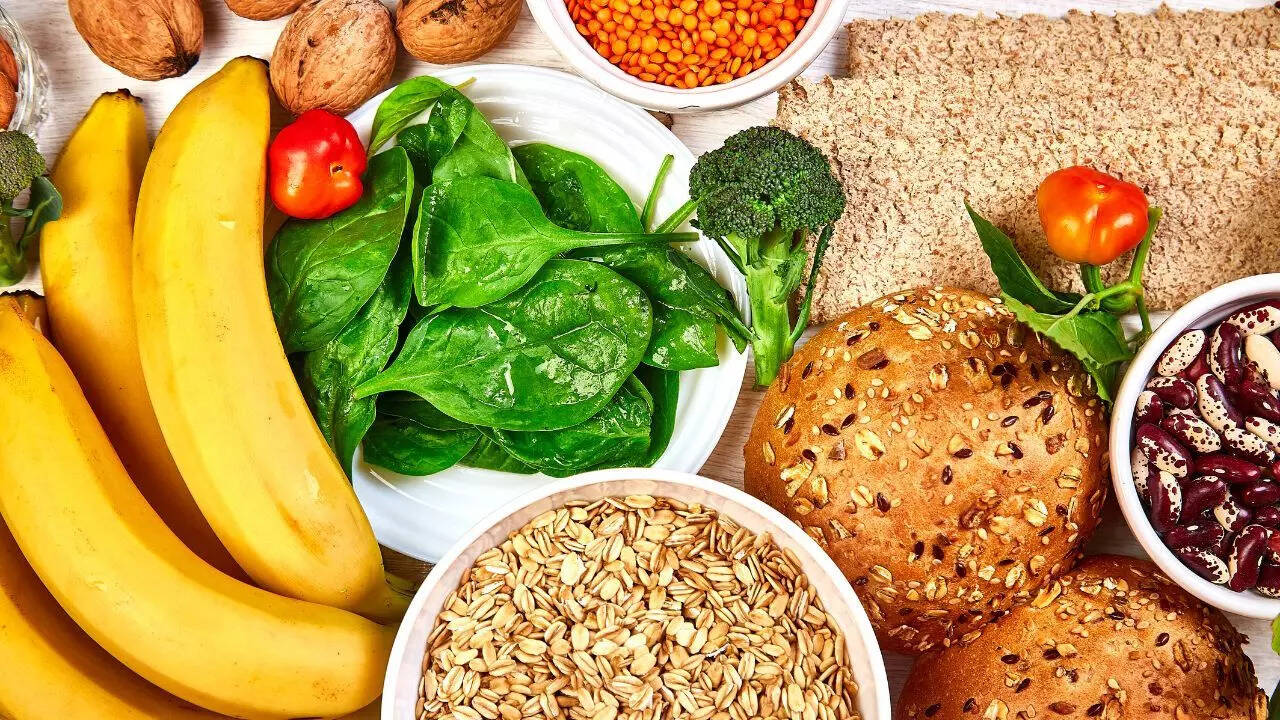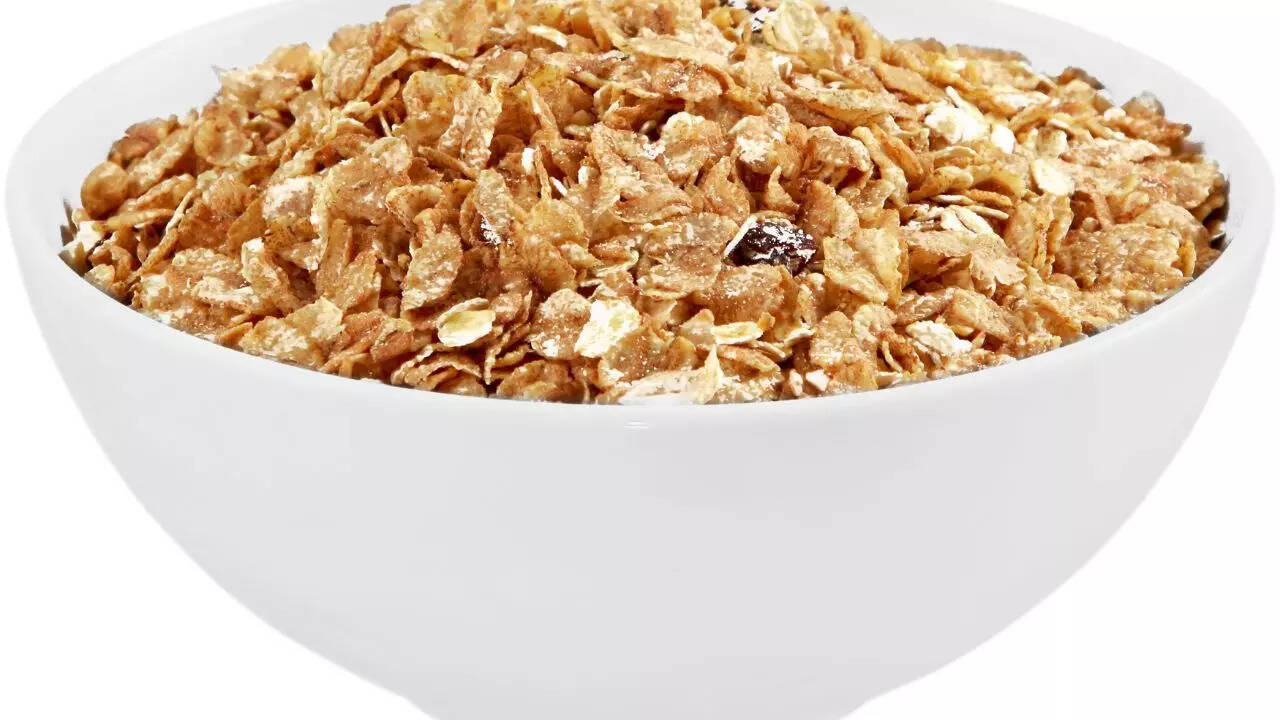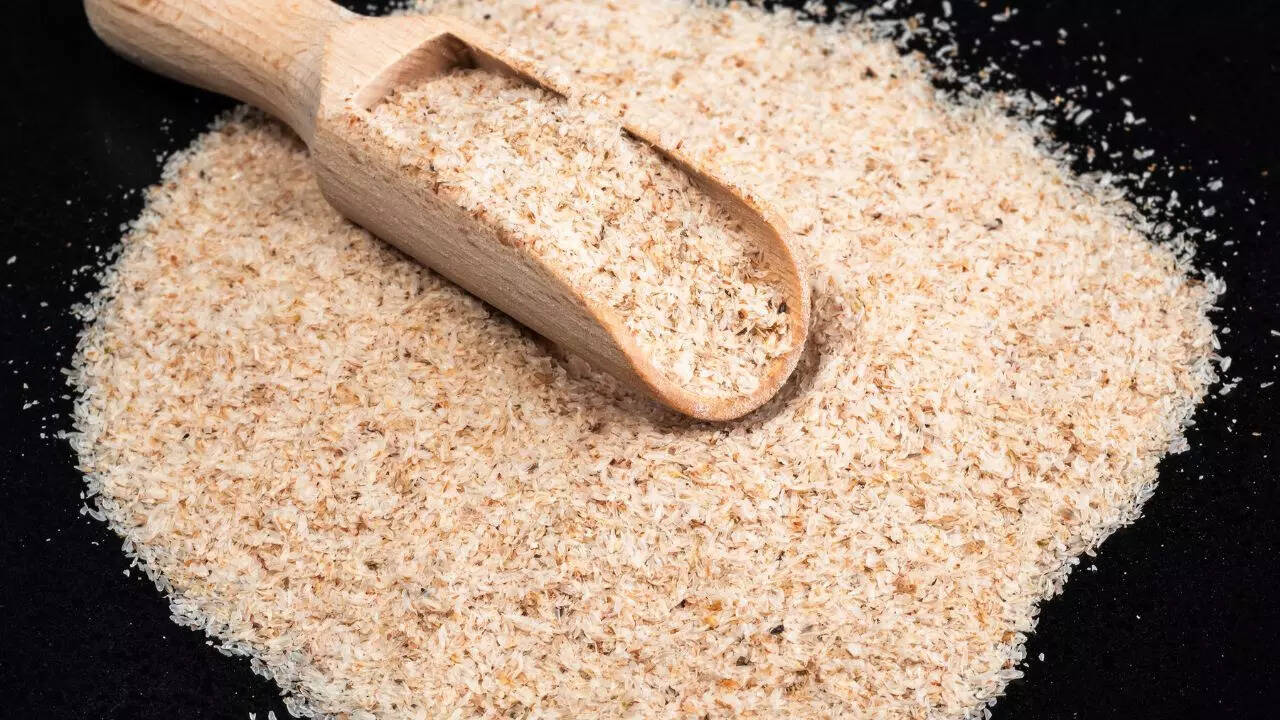Gut health influences more than just digestion — it impacts immunity, metabolism, mood, and skin health. A well-balanced gut microbiome supports disease prevention, while an unhealthy one may cause bloating, constipation, inflammation, and fatigue.On August 8, Dr Saurabh Sethi, a board-certified gastroenterologist trained at AIIMS (India), Harvard, and Stanford, shared his “10 Best Morning Habits for Gut Health” on Instagram. His tips combine evidence-based medical insights with practical lifestyle changes, making them easy to adopt. From starting the day with warm water and incorporating gentle exercise to eating a high-fibre, protein-rich breakfast and avoiding distractions while eating, these habits aim to naturally improve digestion, support regular bowel movements, and promote a healthier gut for long-term wellness.
10 morning habits for a healthy gut, backed by Harvard-trained gastroenterologist
Start the day with warm water before coffee

After 7–8 hours of sleep, your body is mildly dehydrated. Drinking warm water first thing in the morning rehydrates your system and helps activate gastrointestinal motility, which can encourage a natural bowel movement.Additional benefits
- Reduces morning acidity compared to coffee on an empty stomach
- Enhances blood circulation
- Prepares the digestive tract for food intake
Tip: Add a slice of lemon for a vitamin C boost and mild detoxifying effect.Incorporate gentle morning movement

Light exercises like yoga, stretching, or brisk walking stimulate the abdominal muscles, encouraging peristalsis — the wave-like motion that moves food through the digestive tract.Why it matters for gut health
- Improves bowel regularity
- Reduces bloating and gas
- Lowers stress hormones, which can otherwise disrupt digestion
Tip: A 10–15 minute morning walk in fresh air can help both your gut and your mood.Eat a high-fibre breakfast

Dietary fibre is a prebiotic, meaning it feeds beneficial gut bacteria. This helps maintain a healthy microbiome, which is essential for strong immunity and efficient digestion.Fibre-rich breakfast ideas
- Oatmeal topped with berries and flaxseeds
- Whole grain toast with avocado
- Chia pudding with almond milk and banana
Tip: Aim for at least 5–8 grams of fibre in your breakfast.Add protein to your morning meal

Protein supports tissue repair within the digestive tract and promotes satiety, preventing mid-morning sugar cravings. Combined with fibre, it helps maintain stable blood sugar levels.Protein-packed options
- Greek yogurt with seeds and honey
- Eggs with sautéed spinach
- Paneer or tofu scramble
Tip: Include at least 10–15 grams of protein in your first meal for optimal energy.Avoid scrolling on your phone while eating

Distractions like scrolling through your phone can trigger a stress response in the body, slowing down digestion. It can also lead to overeating, as your brain may not register fullness signals in time.Benefits of mindful eating
- Better chewing and saliva production
- Improved nutrient absorption
- Reduced bloating and indigestion
Tip: Sit at a table, chew slowly, and focus on your food’s flavour and texture.Try ginger tea or lemon water

- Ginger contains gingerols and shogaols, compounds that can help speed up stomach emptying, reduce nausea, and ease bloating.
- Lemon water is rich in vitamin C and can slightly increase stomach acidity, aiding protein digestion and nutrient absorption.
Tip: Drink these warm for maximum soothing benefits to the stomach lining.Avoid sugary cereals in the morning

Sugary cereals cause rapid spikes in blood sugar, feeding harmful bacteria and yeast in the gut. Over time, this can lead to an imbalance in the gut microbiome and increase inflammation.Better alternatives
- Overnight oats with fruit
- Millet porridge with nuts
- Homemade granola with minimal sweeteners
Get morning sun exposure

Vitamin D helps regulate immune function and maintains the gut’s protective barrier, which prevents toxins from entering the bloodstream. Morning sun also helps reset your circadian rhythm, which plays a role in digestion timing.Tip: Spend 10–15 minutes in sunlight without sunscreen during early hours for safe vitamin D synthesis.Consider psyllium husk if constipated

Psyllium is a soluble fibre that absorbs water, forming a gel-like substance that softens stools and makes them easier to pass.Tip: Always drink a full glass of water after consuming psyllium to prevent bloating. Consult a doctor before starting it regularly.Perform a daily “poop check”

Your stool can reveal a lot about your gut health. A healthy bowel movement is typically medium-brown, well-formed, and easy to pass.Signs to watch out for
- Persistent constipation or diarrhoea
- Blood in stool
- Unexplained changes in shape or colour
Tip: Use the Bristol Stool Chart as a reference for healthy bowel types.Disclaimer: This article is for informational purposes only and is not a substitute for professional medical advice. Always consult a healthcare provider before making significant lifestyle or dietary changes.Also Read | Your heart sends warnings 12 years before a heart attack; here’s the sign most people miss and preventions steps you need to know now


